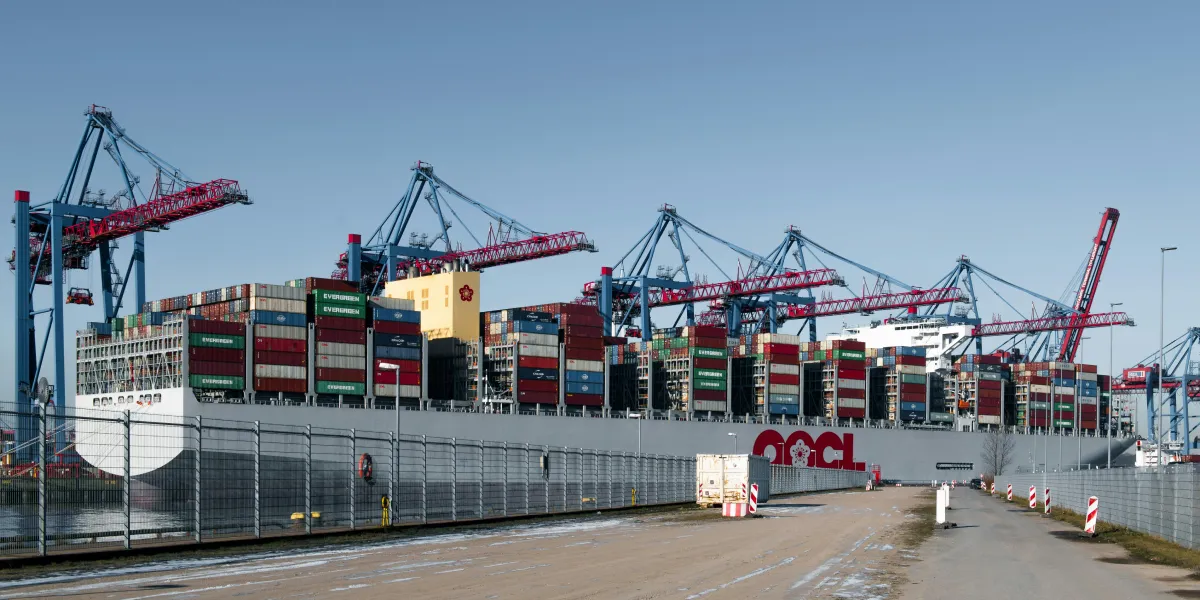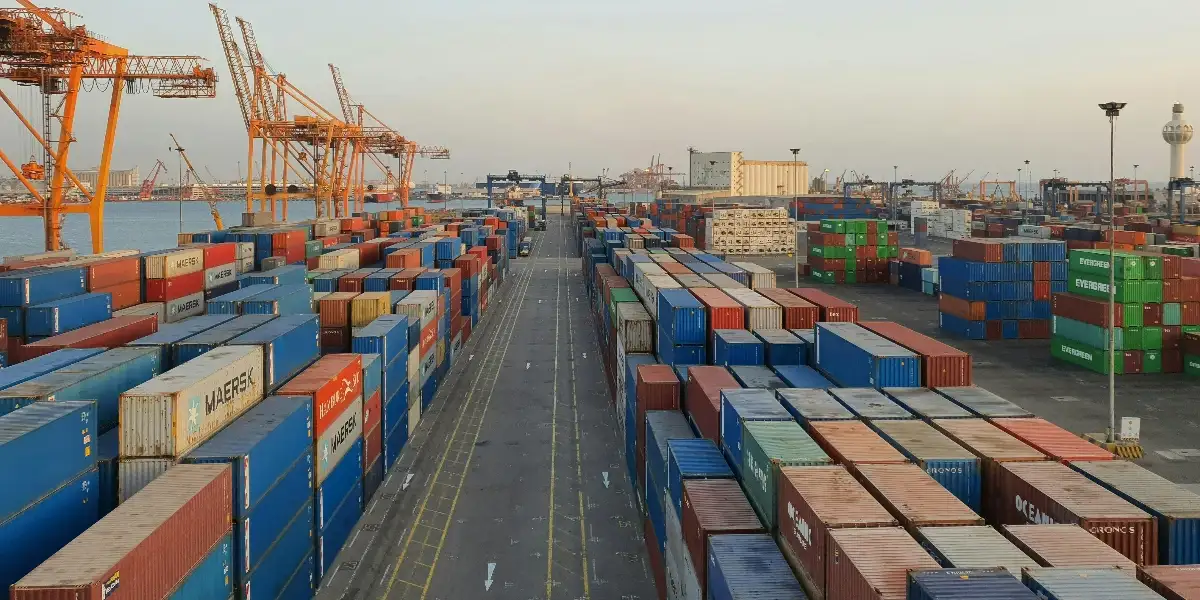Dwell Time
Dwell Time is the duration that cargo spends at a specific location, such as a port or terminal, impacting overall supply chain efficiency.
Dwell time, in the context of logistics and transportation, refers to the duration that cargo, containers, or goods remain stationary or idle at a specific location, such as a port, terminal, or warehouse. It is a crucial metric that measures the time goods spend at these locations during various stages of the supply chain. Dwell time includes the period from the arrival of cargo at a facility until its departure or onward movement.
Understanding Dwell Time in Logistics
Measurement
Dwell time is typically measured in days and is a critical performance indicator for assessing the efficiency of logistics operations.
Factors Influencing Dwell Time:
- Customs Clearance: Delays in customs processes can contribute to extended dwell times.
- Handling Processes: Efficient handling practices and streamlined workflows can minimize dwell time.
- Infrastructure: Adequate infrastructure and resources contribute to faster cargo movements.
Impact on Supply Chain Efficiency
Excessive dwell time can lead to inefficiencies, increased costs, and disruptions in the supply chain. It can result from port congestion, documentation issues, or operational bottlenecks.
Optimization
Logistics providers and stakeholders aim to optimize dwell time to enhance overall supply chain performance. This involves improving processes, implementing real-time tracking solutions, and addressing bottlenecks.
Importance in Ports
In the context of ports, dwell time is a critical factor in assessing port efficiency. Ports with shorter dwell times are generally considered more efficient and attractive to shippers.
Effective management and reduction of dwell time contribute to smoother logistics operations, timely deliveries, and overall supply chain resilience.







